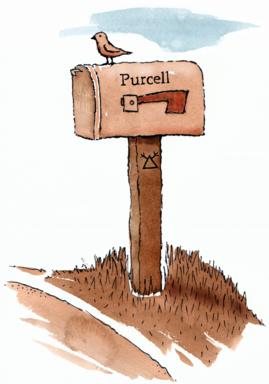February 27, 1993: It is, in theory, very easy to be a terrorist in America. Everything you need is in your local supermarket. Forget dynamite or gunpowder. Forget guns. Americans keep the most technologically advanced toys of any country in the world. We all keep and bear weapons of extreme destruction. We carry gallons of it in our vehicles, and what we don’t carry we pump into our homes. Gasoline. Power tools. Natural gas. High voltage. Every home has them. The most deadly killers in the world this side of water, and all it takes is a spark. A few wires, a battery (usually provided for you) and you’re set.
The Quiet Man’s foray into terrorism required more than a few wires. He required a targeted approach. Cruise missiles up the tailpipe. A couple of transistors and switches. The car alarm comes on, the device is armed. The car alarm switches off… five… four… three… two…
And that’s that. Ten cars. Ten devices. Two explosions, two dead, and four injured on the first day. Saturday morning, February 27, 1993, the day after the World Trade Center failed to crash to the ground, Washington DC discovered the car bomb. There were the usual calls for rounding up all Arabs and ‘detaining’ them for ‘questioning’. Long-term questioning behind barbed wire.
“Don’t panic,” said the police. “Keep your cars out in the open and if you use a car alarm have your vehicle inspected by trained mechanics. We have no reason to believe that this is the start of a campaign of terror.”
“Hell, let ’em panic,” said everyone else. “Maybe they’ll turn their damn alarms off.”
Which they did. Sunday morning the twenty-eighth of February, the Quiet Man slept in peace for the first time in months. But not because it was quiet. There were other noises. The city went on its way and the lack of car alarms didn’t stop the bottles and the screams. He slept because he’d done something about it. The Quiet Man slept and dreamt of power.
